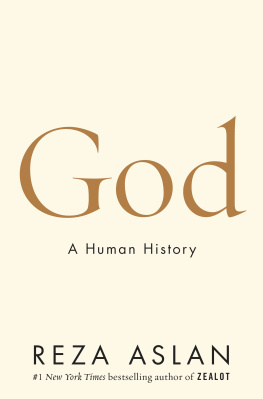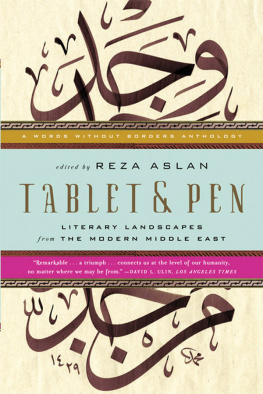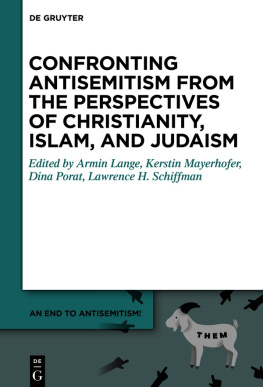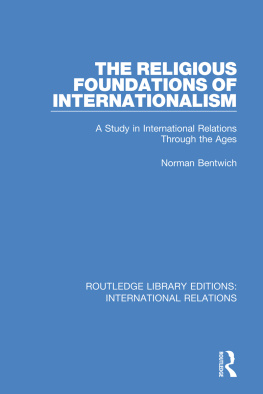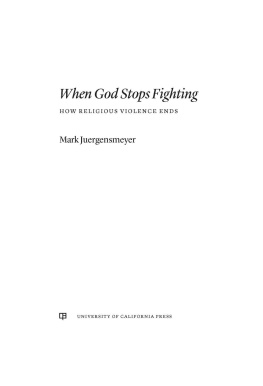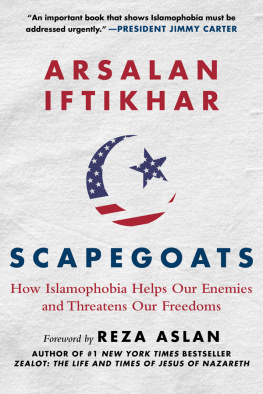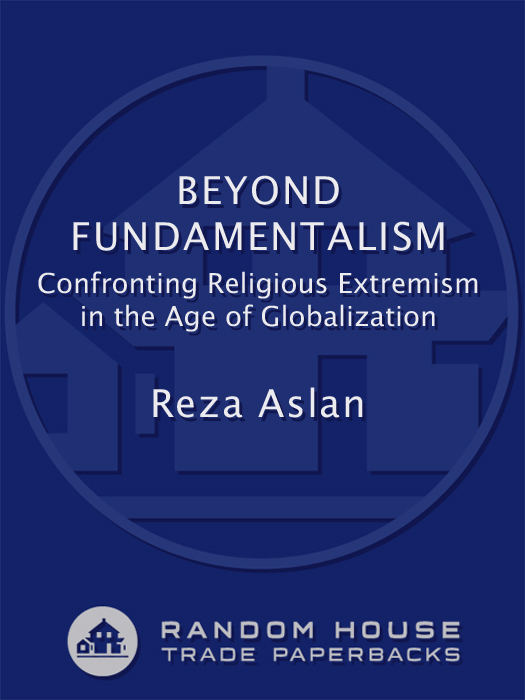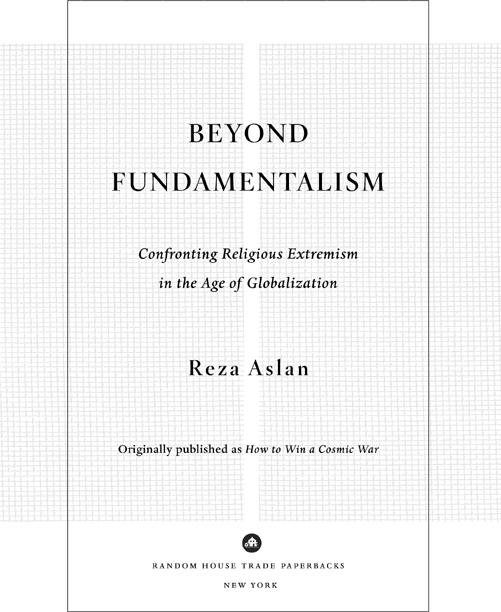Praise for
Beyond Fundamentalism
Asians new bookhis second, after the bestselling No god but God, about the origins and evolution of Islamprovides more than just historical precedent; it also offers a very persuasive argument for the best way to counter jihadism and its many splinter groups, such as al-Qaeda.
The Washington Post
Insightfulwell-argued tracks the history of antiestablishment thinking in the Islamic world, and explains that al Qaeda is really a social movement for Muslim middle-class youth.
The Daily Beast
[Beyond Fundamentalism] reaches across a world chasm that too many regard as unbridgeable with balance, eloquence, and rare wisdom.
J AMES C ARROLL , author of Constantines Sword
[Aslans] book asks all the important questions.Writing with a critical sense of urgency, Aslan wants us to bring struggles between religious outlooks down from the skies.
Slate
Eloquent Up-and-coming populist thinker Reza Aslan wastes no time in his thesis to dismantle what he refers to as myths that some Americans believe about everything from Islamo-fascism to jihad.
Roll Call
Aslan makes the case that the War on Terror is an unwinnable one, precisely because it is the wrong war to fight. A war between religions, a battle between good and evil, a cosmic war, fails to address the underlying social and political roots of conflict and terror. For people of faith and all those concerned with peace in our world, Aslans exacting prose and depth of discernment create an enticing and necessary read.
J IM W ALLIS , author of The Great Awakening
An eloquent plea for defanging terrorism with rights for Muslims, both in the West and the Middle East.Even readers who believe a fight with terror requires throwing some military punches will learn from Aslans endorsement of soft-power approaches.
Kirkus Reviews
Absorbing, thought-provoking and illuminatingFew writers are as well qualified to tackle the terrain.A clear-eyed and impassioned reminder that the most effective way to win a cosmic war is to triumph in the battle for hearts and minds at home.
The Guardian
Terror is never going to show up with a pen to sign a peace treaty ending the War on Terror. The use of that phrase has created a black hole into which serious talk about serious topics including, by all means, Islam, but also Christianity and Judaism has disappeared. Reza Aslans elegant, incisive book breaks the spell cast by the emperors new talk and signals that the conversation the world has been waiting for may at last be about to begin.
J ACK M ILES , Pulitzer Prize winning author of God: A Biography
Beyond Fundamentalism hovers confidently over a vast historical terrain, landing where it must to explore how common and terrible apocalyptic thinking is how it plagues every religious tradition, every inspired nationalism, and cannot be defeated with brute force, upon which it thrives. A unique primer for pragmatic leaders whose patient enlightenment is the real antidote to terror.
B ERNARD A VISHAI , author of The Hebrew Republic
ALSO BY REZA ASLAN
No god but God
FOR AMANDA ,
OF COURSE
Contents
Part One
CHAPTER ONE
CHAPTER TWO
Part Two
CHAPTER THREE
CHAPTER FOUR
CHAPTER FIVE
Part Three
THE END OF THE WAR
AS WE KNOW IT
CHAPTER SIX
CHAPTER SEVEN
Introduction
Us Versus Them
A fter the towers had buckled and collapsed and the concussive shockthe raw, unfiltered reality of it allhad settled along with the rubble and ash, a curious document was discovered in the baggage of one of the 9/11 hijackers, detailing the final instructions for carrying out their gruesome sacrifice. I say sacrifice because the anonymous document reads like the script of a ceremonial rite, every mindful act, every rehearsed moment meant to underscore the ritual drama taking place in the minds of the hijackers.
from all unclean things, the hijackers were told. Tame your soul. Convince it. Make it understand. Completely forget something called this world.
Pray the supplication as you leave your hotel. Pray the supplication when riding in the taxi, when entering the airport. Before you step aboard the plane, pray the supplication. At the moment of death, pray.
Bless your body with verses of scripture. Rub the verses on your luggage, your clothes, your passport. Polish your knife with the verses, and be sure the blade is sharp; you must not discomfort your sacrifice.
Remember they may be stronger than you, but their equipment, their security, their technologynothing will keep you from your task. How many small groups have defeated big groups by the will of God?
Remember, this is a battle for the sake of God. The enemy are the allies of Satan, the brothers of the Devil. Do not fear them, for the believer fears only God.
And when the hour approaches, welcome death for the sake of God. With your last breath remember God. Make your final words There is no god but God!
There is, in these final instructions, a grotesque yet inescapable truth. The hijackers who murdered more than three thousand souls on that September morning were carrying out a liturgical act. They cast their victims as sacrificial lambs being forcibly led to slaughter. They framed the event in cosmic terms, as a battle for the sake of God. In all things, they strove to maintain their purityfrom the moment they awoke to the moment of their deaths and the deaths of their victims. Their faith was their strength.
The events of 9/11 by no means inaugurated the debate over religion and violence in the modern world, but they did render the issue unavoidable. It is easy to blame religion for acts of violence carried out in religions name, easier still to comb through scripture for bits of savagery and assume a simple causality between the text and the deed. But no religion is inherently violent or peaceful; people are violent or peaceful.
Still, these men were Muslim, and their vicious crime does not negate that fact. Islam may be neither a religion of peace nor a religion of war but simply a religion like any other, inspiring both compassion and depravity, but these men read the Quran and assured themselves that it was not innocents they were sacrificing but the allies of Satan, the brothers of the Devil. Whatever else may have been at stake, whatever social or political motivations may have been behind their abominable act, there can be no doubt that these nineteen men believed they were acting in the service of God. They were engaged in a metaphysical conflict, not between armies or nations but between the angels of light and the demons of darkness. They were fighting a cosmic war, not against the American imperium but against the eternal forces of evil.
is a religious war. It is a conflict in which God is believed to be directly engaged on one side over the other. Unlike a holy waran earthly battle between rival religious groupsa cosmic war is like a ritual drama in which participants act out on earth a battle they believe is actually taking place in the heavens. It is, in other words, both a real, physical struggle in this world and an imagined, moral encounter in the world beyond. The conflict may be real and the carnage material, but the war itself is being waged on a spiritual plane; we humans are merely actors in a divine script written by God.


